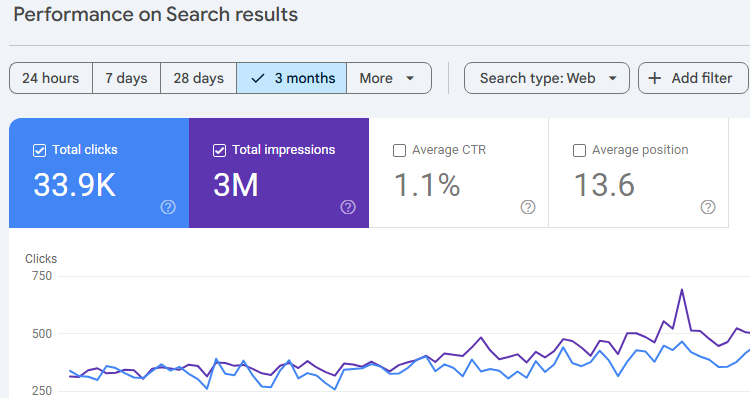The Importance of SEO in Digital Marketing
In today’s digital landscape, having an online presence is crucial for businesses of all sizes. However, simply having a website is not enough — ensuring that your website is visible to potential customers is what makes the real difference. This is where Search Engine Optimization (SEO) comes into play. SEO is a fundamental aspect of digital marketing that can significantly impact a business’s online visibility, website traffic, and ultimately, revenue.
What is SEO?
SEO refers to the process of optimizing a website to improve its ranking on search engine result pages (SERPs) such as Google, Bing, and Yahoo. It involves various strategies and techniques aimed at enhancing the website’s quality, relevance, and authority. SEO is a long-term digital marketing strategy that helps businesses attract organic (non-paid) traffic and increase their online visibility.
Why is SEO Important?
1. Increased Website Traffic
Search engines are one of the primary sources of website traffic. When your website ranks higher on search engines, it is more likely to attract users searching for the products or services you offer. SEO helps improve your website’s ranking, making it easier for potential customers to find your business online.
2. Builds Credibility and Trust
Websites that appear at the top of search engine results are often perceived as more trustworthy and credible by users. SEO techniques such as creating high-quality content, earning backlinks, and optimizing site speed contribute to building your website’s authority, which enhances trust among visitors.
3. Cost-Effective Marketing Strategy
Unlike paid advertising, SEO focuses on organic traffic, which makes it a more cost-effective long-term strategy. Once your website ranks highly for targeted keywords, you can continuously receive traffic without the ongoing costs associated with paid campaigns.
4. Better User Experience
SEO not only involves optimizing for search engines but also improving the overall user experience. A well-structured website with fast loading speeds, mobile-friendliness, and easy navigation keeps users engaged and encourages them to stay longer on your site.
5. Competitive Advantage
In a competitive marketplace, businesses that invest in SEO have a significant advantage over those that do not. Ranking higher on search engines helps you stand out from your competitors and capture more leads and sales.
6. Local SEO for Targeted Audience
Local SEO helps businesses target customers in their specific geographic location. This is especially beneficial for small businesses that rely on local clientele. Optimizing your website for local searches increases your chances of attracting nearby customers.
7. Measurable Results
SEO provides measurable results through tools like Google Analytics, which allow businesses to track website traffic, keyword rankings, and user behavior. These insights help in refining SEO strategies and achieving better outcomes.
Conclusion
SEO is an essential component of any digital marketing strategy. It not only boosts your website’s visibility but also enhances user experience, builds trust, and drives organic traffic. Investing in SEO can yield long-term benefits and provide a competitive edge in the digital marketplace. Whether you are a small business or a large enterprise, implementing effective SEO practices is key to achieving online success.

